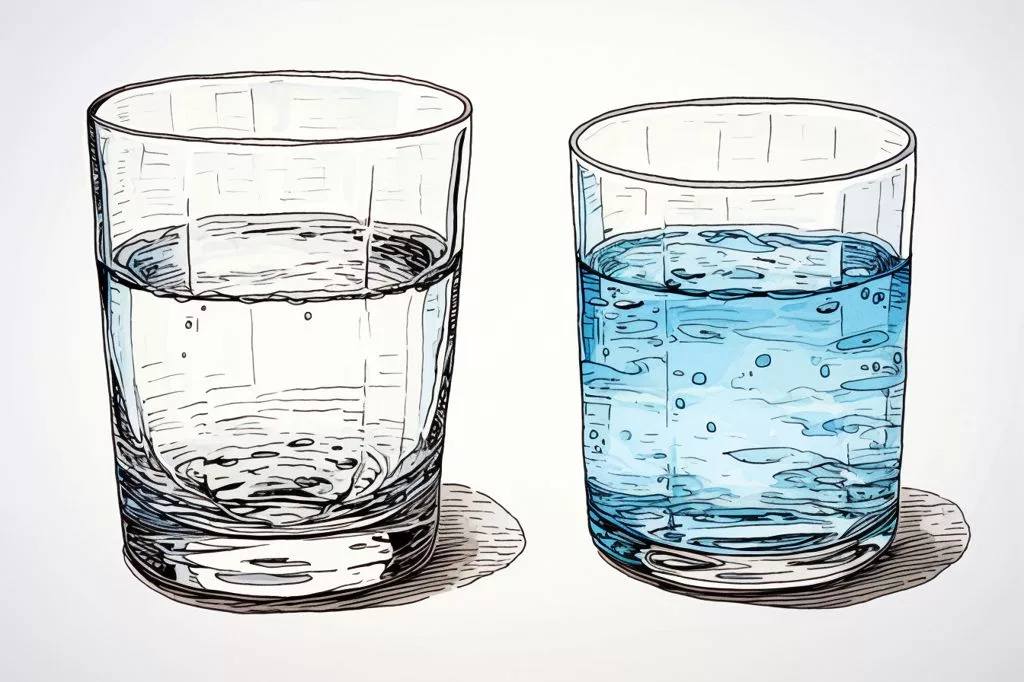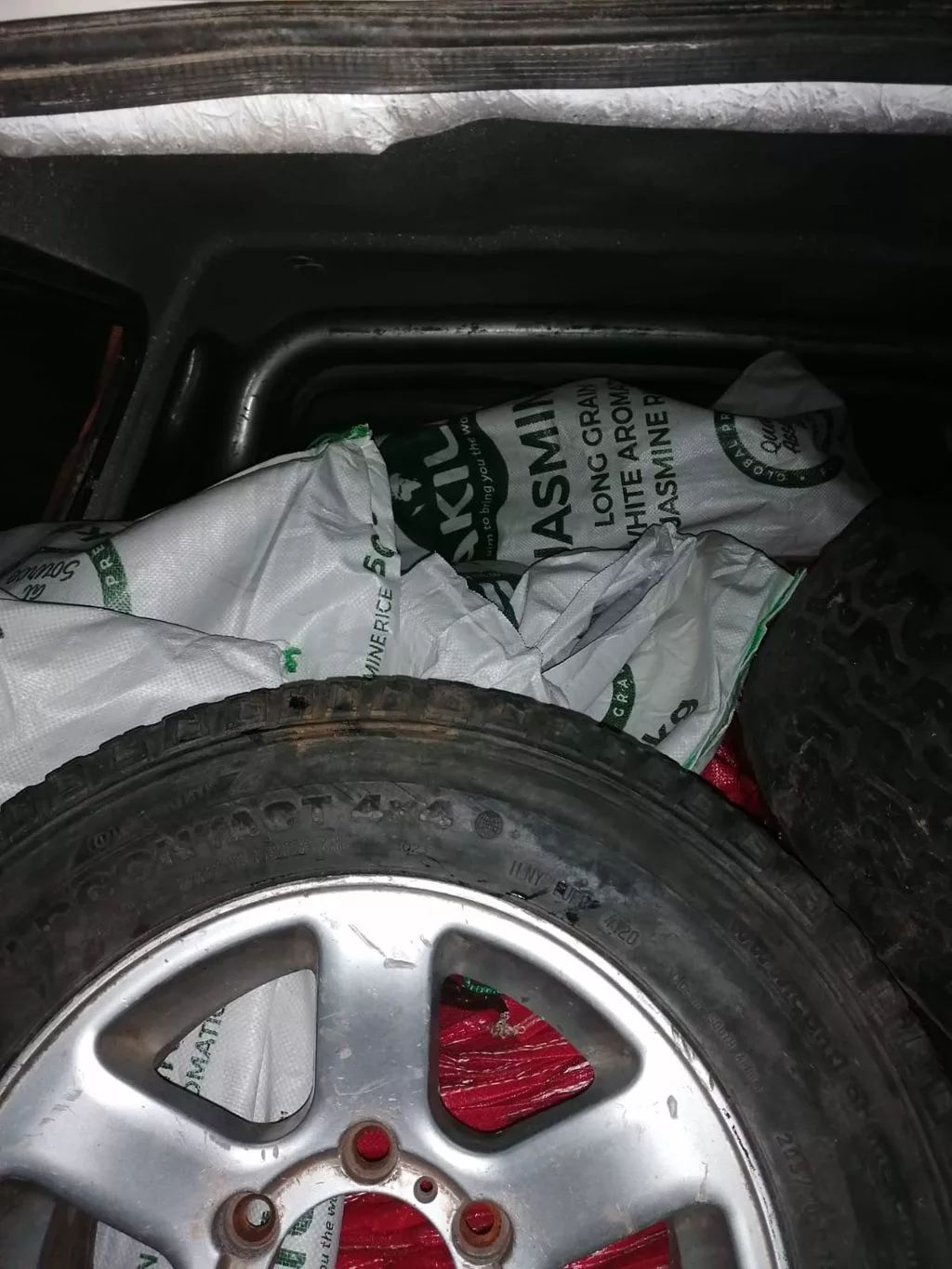The government’s struggle to provide clean drinking water consistently in 18 out of 25 municipalities in the Western Cape region of South Africa is a crucial problem that must be tackled to ensure the wellbeing of its citizens. Despite receiving a clean audit across all government departments, the government must balance celebrating its accomplishments with recognizing areas that need improvement. The government has assigned a chief engineer and received support from the Department of Cooperative Governance and Traditional Affairs, but cooperation from municipalities is necessary to maintain improvements.
The Paradox of the Western Cape Government’s Performance
Despite earning the title of the best-governed province in South Africa, with a 100% clean audit across all its government departments, the Western Cape has a troubling problem: 18 out of its 25 municipalities cannot consistently provide clean drinking water. This predicament has deteriorated over the past five years, with Kannaland, a municipality in the Little Karoo region, being the worst culprit since 2018. The present article explores the seemingly paradoxical relationship between the Western Cape’s stellar governance and its ongoing struggle to manage drinking water quality.
The Western Cape Government’s admirable accomplishments are supported by the highest rating it received in an independent report by Ratings Afrika. Nevertheless, the question of drinking water quality casts a shadow on this otherwise glowing track record. Data from the national Department of Water and Sanitation (DWS) reveals that 14 municipalities failed in 2018 to supply drinking water meeting minimum quality standards, and this figure has risen to 18 in the last five years.
Kannaland, a municipality that includes the towns of Ladismith, Zoar, Calitzdorp, and Van Wyksdorp, is governed by the Independent Civic Organisation of South Africa (ICOSA). While the municipality must analyze and report on six drinking water quality indicators, it only examines one: microbiological contamination. This indicator assesses the existence of harmful fecal bacteria, such as E. coli, in the water.
The Variability of Water Quality in Kannaland and the Blue Drop Watch Report
Kannaland’s record in this regard is also far from acceptable; it has only reached the required quality standard in 75% of its water samples this year, not meeting the 97% criterion set by the DWS. Furthermore, the municipality has not tested for the other five water quality indicators, which include chemicals with acute and chronic health effects, aesthetic factors, operational indicators, and disinfectant levels.
The towns within Kannaland also show different levels of water quality. Ladismith’s water treatment works have an exceptional 99.9% microbiological quality compliance, while Zoar’s water meets the standard only 53% of the time. Calitzdorp and Van Wyksdorp achieve 70% and 88% success rates, respectively.
Although the DWS’s Integrated Regulatory Information System (IRIS) shows no compliance for the five untested indicators, the Blue Drop Watch Report 2023 investigated Ladismith’s water supply and found its chemical compliance to be above 99.9%. However, the report identified Ladismith’s microbiological compliance of 92.3% as below the minimum threshold and a considerable risk to public health. The complete Blue Drop Report, initially planned for release in mid-July, has yet to be published.
The Importance of Cooperation and Addressing Water Quality Challenges
The Western Cape inter-departmental task team has collaborated with Kannaland to monitor water quality on a quarterly basis. Yet, DWS spokesperson Wisane Mavasa acknowledged that Kannaland’s non-compliance with legislation and its failure to hire qualified process controllers presented significant obstacles. The provincial government had assigned a chief engineer to Kannaland for four months, and engineers from the Department of Cooperative Governance and Traditional Affairs (COGTA) Municipal Infrastructure Support Agency (MISA) offered support. Nevertheless, these efforts could not be maintained without cooperation from the municipality.
In reaction, DWS has introduced measures to oversee Kannaland’s water and sanitation operations and has formulated an action plan to be discussed at task team meetings. However, the overall water quality situation in the Western Cape remains a glaring contrast to the province’s otherwise exceptional governance.
This story serves as a reminder that even the most successful governments can encounter substantial challenges. While the Western Cape Government undoubtedly merits praise for its clean audit and impressive ratings, it must also tackle the crucial problem of drinking water quality to ensure the wellbeing of its citizens. Striking a balance between celebrating accomplishments and recognizing areas that necessitate improvement is essential, as these contrasting realities are intrinsically intertwined in the intricate web of governance.
1. What is the problem with drinking water management in the Western Cape region of South Africa?
The government struggles to provide clean drinking water consistently in 18 out of 25 municipalities in the Western Cape region of South Africa.
2. Has the government received a clean audit across all government departments?
Yes, the government has received a clean audit across all government departments.
3. What is the paradox of the Western Cape Government’s performance?
The Western Cape Government has earned the title of the best-governed province in South Africa with a 100% clean audit, but it has a troubling problem with drinking water quality in 18 out of 25 municipalities.
4. What is the current state of drinking water quality in Kannaland?
Kannaland has only reached the required quality standard in 75% of its water samples this year, not meeting the 97% criterion set by the national Department of Water and Sanitation (DWS).
5. What are the other water quality indicators that Kannaland has not tested for?
Kannaland has not tested for five water quality indicators, which include chemicals with acute and chronic health effects, aesthetic factors, operational indicators, and disinfectant levels.
6. What did the Blue Drop Watch Report 2023 find regarding Ladismith’s water supply?
The Blue Drop Watch Report 2023 investigated Ladismith’s water supply and found its chemical compliance to be above 99.9%. However, the report identified Ladismith’s microbiological compliance of 92.3% as below the minimum threshold and a considerable risk to public health.
7. What measures have been introduced to oversee Kannaland’s water and sanitation operations?
The DWS has introduced measures to oversee Kannaland’s water and sanitation operations and has formulated an action plan to be discussed at task team meetings.
8. What is needed to maintain improvements in water quality management?
Cooperation from municipalities is necessary to maintain improvements in water quality management. The government has assigned a chief engineer and received support from the Department of Cooperative Governance and Traditional Affairs, but cooperation from municipalities is necessary to maintain improvements.








